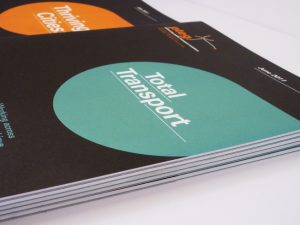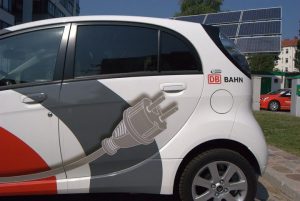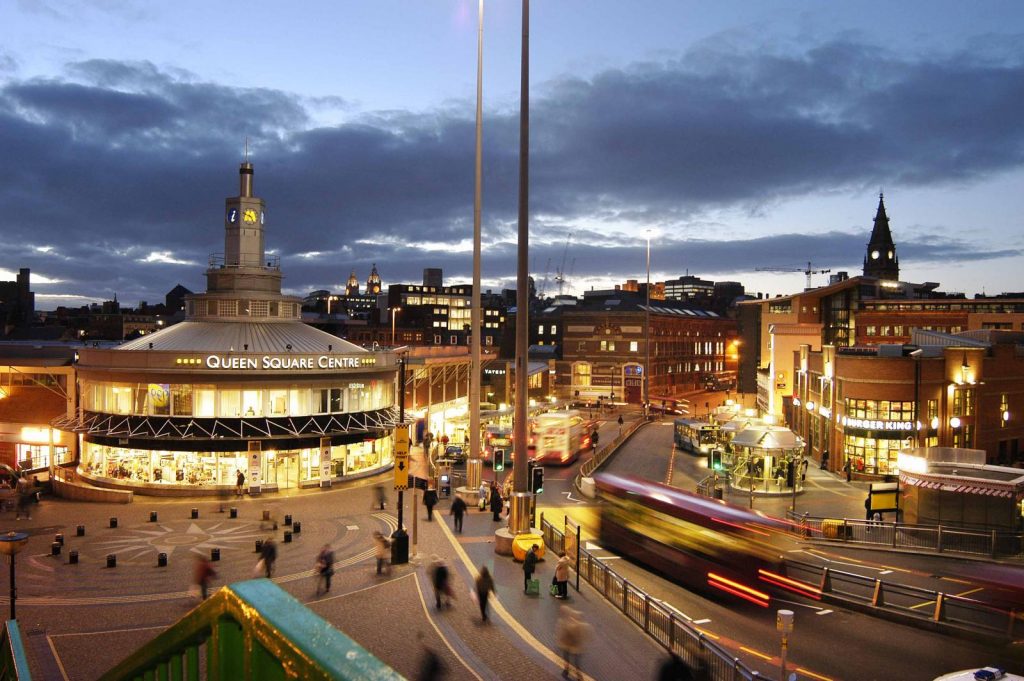In the last of a series of three blog posts, pteg Support Unit Director Jonathan Bray concludes his look back over ten years of the pteg Support Unit. Ten years of pteg: the way we work and the way cities will work in the future
Focus on what transport does for people, economies, cities, the environment and society.
The way we work
- ‘Train hard, fight easy’. You need your stats, your evidence, your best arguments in place before you start to engage in a policy debate.
- If you want to achieve policy change you need to be sharper, more relentless and be better at strategy than those who seek to defend the status quo because the incumbents always have the advantage and usually have greater resources.
- Get the right staff. When your resources are limited and everything you do should be better than the incumbants (see above!) you need to make sure you have the right staff – so we put the time and effort into recruitment and got the right staff.
- Press every button. It’s hard to know exactly why suddenly old policy consensus crumbles and new ones are established – so press every button available to you from reports, use of the media, stakeholder engagement – the lot.
- Don’t commission research as a displacement activity or leave whoever is writing it to their own devices. Or let it sit on the shelf when done. Go through the pain barrier with whoever is working on it to ensure it fits the bill and then use it as the bedrock for the work you do in that area for the next couple of years at least. And find ways to get people to read it once it’s published.
- Don’t go on about transport too much. Transport people love transport detail. The rest of the world doesn’t care. They are interested in what transport does for them, their economy, their cities, their environment, their society, the world they live in. Focus on that.

Building our reputation and effectiveness
Our reports have set a direction for emerging policy areas, like Total Transport (Picture: Brainstorm Design)
The Support Unit isn’t big, pteg may not always be liked – but we are good at what we do, we are a force to be reckoned with, we’ve saved our members millions and we have made the weather across a range of urban transport policy issues. Some of what’s been achieved is covered elsewhere in the previous parts of this blogpost, but it’s also been gratifying how we’ve been able to set a direction for emerging policy areas through focussed research and policy documents and through painstaking work to get internal and external stakeholders on board. Three examples:
- In my view our work on social inclusion and transport over the decade (and in particular on young people in the last few years) has been the most lucid, consistent and focussed from any UK body in setting out the key challenges and how best they can be addressed
- Our 2011 report on ‘Total Transport’ remains the primary document on pooling vehicle fleets and budgets
- Our work on the opportunities for transport from the devolution of public health responsibilities is encapsulated in a hub on our website which provides the best introduction out there to local transport authority officers on what they can achieve in this area.
Smart cities / smart grid / smart transport
What seemed very far away now seems much closer. Cities with smart grids based on renewable energy powering largely electric transport systems. Mobile phones giving access to all forms of transport (from rental electric cars and bikes to public transport). Roads which are more social spaces than channels for cars. And this future is starting to form itself in big cities like Berlin. These kinds of developments transform the whole nature of the transport debate and open up some exciting opportunities for transport authorities to take the lead in guiding these changes in a way that maximises the benefits.
There’s more on all of this in our recent blogpost on ‘Three global transport trends that should reshape our cities’.

Smart cities: there for the taking
So near…
Our city regions are not so far as it might sometimes seem from emulating what London takes for granted. Not in terms of underground rail networks and the scale of provision overall – but in getting the key building blocks in place. If the city regions can gain more say over rail and bus – then smart ticketing can fuse the two into the same single network that is the basis for London’s successful transport system. From there our cities can kick on to go smart and offer comprehensive total mobility packages, electrify transport systems in the most cost effective way and transform urban centres into more sociable, sustainable and prosperous places. It’s there for the taking.
Jonathan Bray
